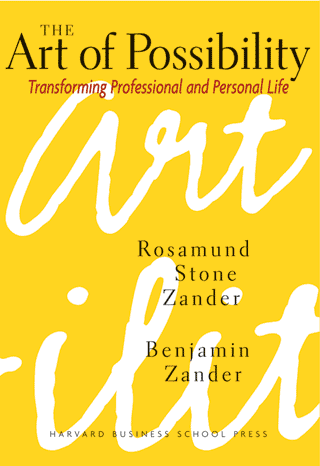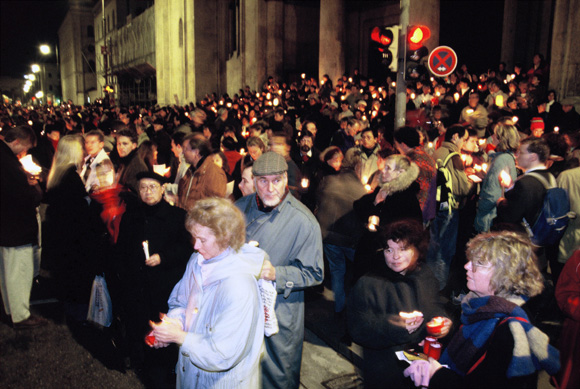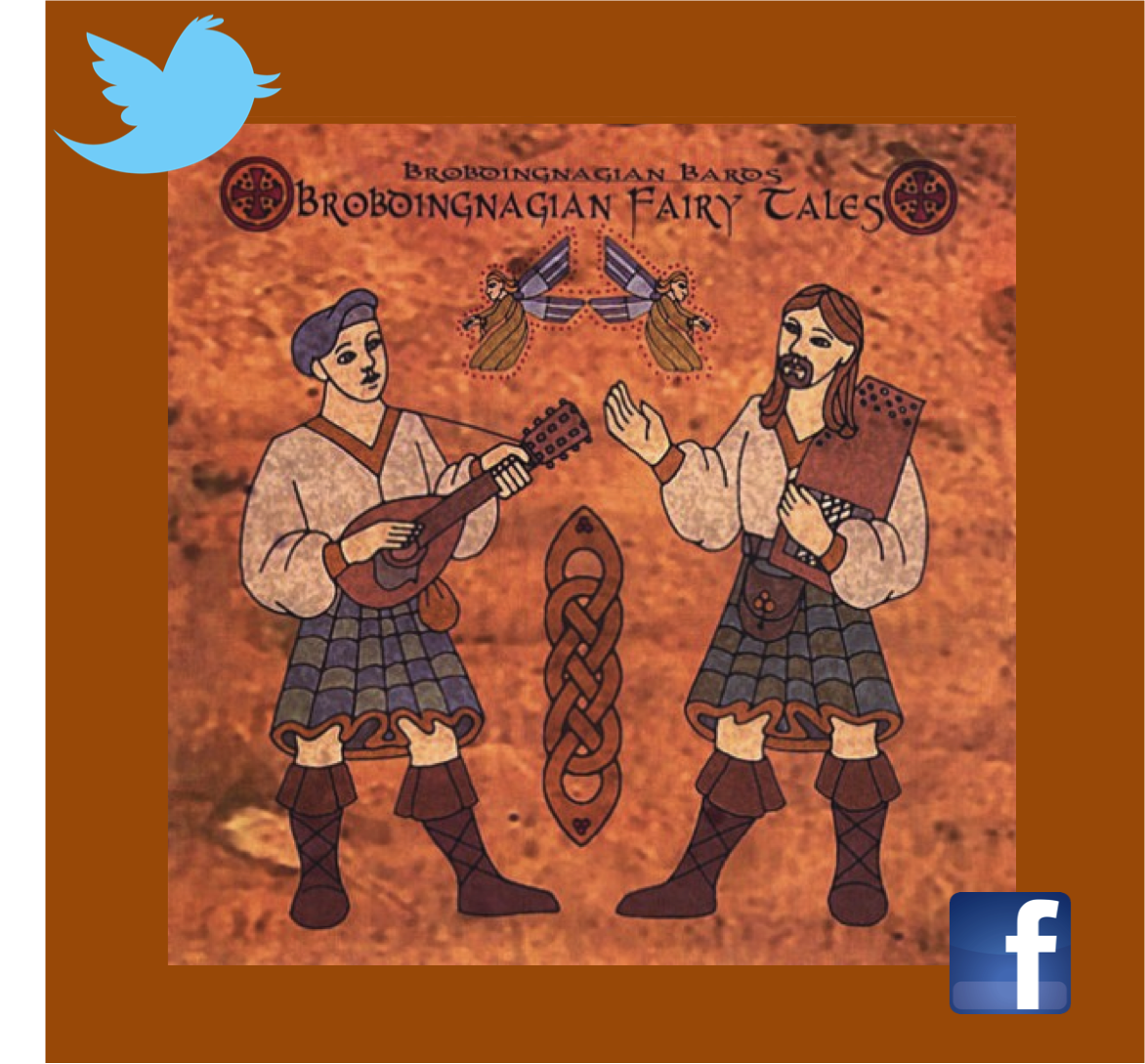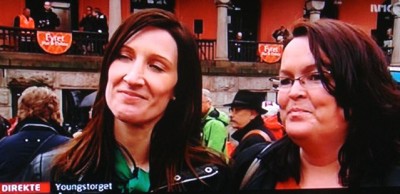Ocean of context
All over the world, the way citizens perform in society is strongly guided by the kind of context in which they live. Language, a human invention, from time immemorial is the preferred way by which we create context and meaning. We do this by means of the stories we tell each other. We have been doing this since we sat inside caves around blazing fires. Generation after generations, we have all created oceans of context, which have indeed transformed the world.
But, what exactly is this context?
Context is the set of basic beliefs, our mental patterns, or our worldview, which we use to interpret and frame the world we live in. Context is what emerges, with the passage of time and history, from the interaction of our cognitive maps and the events in our lifes. Context is expressed by means of language, by the stories we tell ourselves. Through stories our values and principles have from time immemorial been passed from generations to generations. The world comes to me as a bundle of facts but it is up to me to decide what to do with it and give it meaning. Therefore, what we pay attention to, and how we behave, is shaped by our context, our worldview.
Bards
 Contexts can become outdated or worn out. When, as society, we keep on telling and retelling the same stories that were instrumental in creating and shaping the contexts, they are transformed into bars that restrict or imprison citizens in their societies.
Contexts can become outdated or worn out. When, as society, we keep on telling and retelling the same stories that were instrumental in creating and shaping the contexts, they are transformed into bars that restrict or imprison citizens in their societies.
But, let us not worry too much about this. Because, as Rosamund and Benjamin Zander said in their book, ‘The Art of Possibility’: “All life comes to us in narrative form, it’s a story we tell”.
And, they are right. We are all storytellers or, in other words, we are all bards!
Bard is a word of Celtic derivation. In the ancient history of Europe, a bard was a person with the especial duty of narrating the stories, legends, and long poetic hymns that celebrated the victories of their people or to praise God. Bards exercised a very powerful influence in Celtic societies.
Citizens are the problem, and the solution too!
We are the problem because we have collectively created the narratives that bind us. But, we are also the solution because, and this is important, if the narratives we tell ourselves are obsolete and not good anymore, we can together co-create new stories that will produce new contexts more suitable to our present needs. We can do this because storytelling has been at the center of human communication, we love listening to a good story, and we are all capable of telling stories because, at heart, we are all bards!
This means that through conversations we have an opportunity to change our contexts and, by altering the contexts, to change society. There are some methodologies – a sort of social architecture design mechanisms – collectively known as large group intervention methodologies, such as the World Cafe and OST, that can be used to create spaces to hold face-to-face conversations that can have transformational effects and set the stage to bring forth new contexts. I wrote about this in more detail in We are all bards.
But we can also use conversations in social networks to create newer and more meaningful stories.
Having conversations to change the world
Nowadays, when we say “social networks” we, immediately, tend to think about social media networks. However, social networks have existed from time immemorial using the technologies (speech –voice–, horses, telegraph, telephone, etcetera) then available to connect.
Example from Germany
For instance, social networks, as we understand the term today, did not exist in Germany in 1990’s. Yet, one day, four Munich residents, having a conversation over dinner, were able to change their local context in a profound way, as told in this New York Times’ report: Berlin Journal; Germany Ablaze: It’s Candlelight, Not Firebombs.

Candlelight Vigil against Xenophobia (February 1, 1993). Photo GHDI.
The occasion was a quiet mid-November dinner for four at the home of a young Munich businesswoman. Even before the main course was served, conversation turned to the wave of neo-Nazi attacks that had broken out across Germany. All four diners agreed that it was time for the country’s “silent majority” to break its silence and show its repudiation of these attacks.
One of the guests, Giovanni di Lorenzo, a newspaper reporter and television host who holds an Italian passport but has lived in Germany for most of his life, suggested the idea of organizing a protest demonstration in Munich. By the time the party broke up, the four had agreed to call a meeting and propose the idea to some friends and colleagues.
From that dinner has sprung, in the space of a few weeks, one of the largest mass movements in Germany since the end of World War II. About two million people, or one of every 40 people in the country, have poured into the street in every section of the country to show their repudiation of rising racial violence.
Norway: the Barn av regnbuen case
Online conversation in social networks such as Twitter and Facebook can also be used as channels to change the world as this Norwegian example shows (see, the Barn av regnbuen case): Two Norwegian women, Christine Bar and Lill Hjønnevåg, were extremely offended by derogatory remarks about a much-loved song called Barn av regnbuen (Children of the rainbow) made by terror defendant Ander Behring Breivik and put out message over social media networks suggesting that people show up at a popular Oslo square to sing the song with unexpected results: 40,000 people showed up!
Being social media bards
Social media is a conglomerate of software tools or platforms that help us to connect to share ideas, data, and information about ongoing events, and offer us with many different opportunities to have important and meaningful conversations that are boundless possibilities to change our own immediate world.
Social media technologies can give power to people. Online encounters, if we have less online chitchat and more meaningful online exchanges, like in the Norwegian case, can be very important to change the world. In Social Media, Social Might, I curate posts about the power of social media to change our world.
After all, if we are all bards, and we can also be social media bards!
© Chegoyo 2014.

